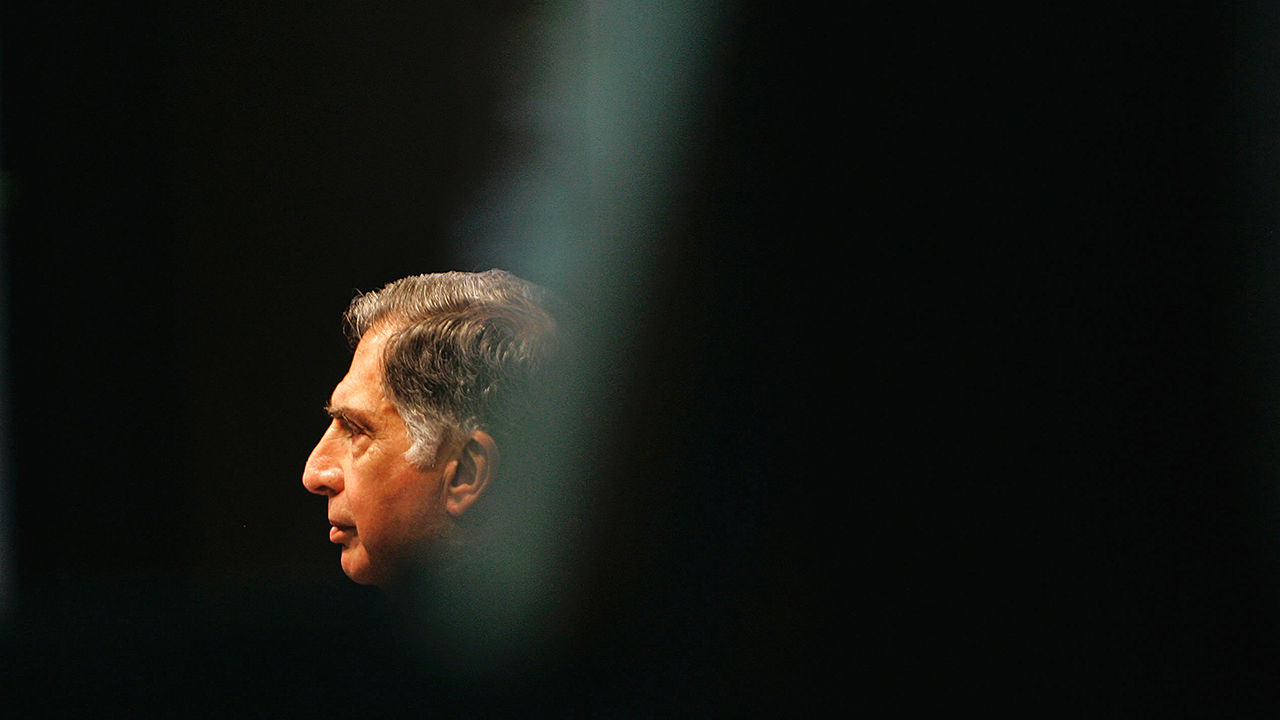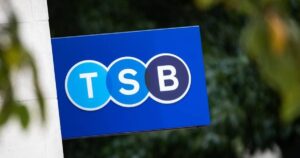
Two things are often said of Ratan Tata, former head of the Tata Group, one of India’s mightiest conglomerates: he was a giant of Indian business, and among its most virtuous figures. For a society as fractious as India, the esteem in which he was held was remarkably wide.
That admiration was clear from India’s response to Mr Tata’s death in a Mumbai hospital on October 9th, at the age of 86. Police soon blocked traffic to the southern tip of the city and queues were established to allow a final viewing of Mr Tata at the National Centre of Performing Arts, an institution co-founded by JRD Tata, his predecessor as Tata’s chairman. Some 60,000 people were expected to attend. Narendra Modi, the country’s prime minister, issued a gushing statement calling Mr Tata “a visionary business leader, a compassionate soul and an extraordinary human being”. The opposition Congress party praised Mr Tata as “a titan of Indian industry and a philanthropist who shaped India’s corporate landscape”.
Despite his family name, Mr Tata’s successful business career was not pre-ordained. His father had been adopted into the Tata family and became an executive at the company. Although Ratan began his education in Bombay (as Mumbai was then called), he finished high school in New York and went to college at Cornell University, where he studied architecture. For a time he considered staying in America.
When he eventually returned to India, he worked at a succession of Tata entities including a steel mill, a locomotive operation and an IT outsourcing operation that went on to become the group’s most valuable business, Tata Consultancy Services.
JRD Tata retired in 1991, just as India was opening up to the world, leaving behind a decentralised company whose businesses were run by powerful, independent leaders. Intense rivalry between them contributed to Ratan Tata’s subsequent elevation to the top of Tata Sons, the group’s umbrella entity. The succession was acrimonious; the heads of Tata’s chemicals, steel and power units soon left.
In the years that followed Mr Tata reshaped the conglomerate. Many businesses were sold, including its cement, textiles, cosmetics and pharmaceutical operations. A new strategy was put in place to bring in half of all revenues from overseas. That resulted in a string of acquisitions, particularly of British firms, including Tetley Tea in 2000, Corus (then British Steel) in 2007 and Jaguar Land Rover in 2008. At home, Mr Tata’s effort to manufacture an affordable car for Indians resulted in 2009 in the Nano, which cost just 100,000 rupees ($1,350) at the time.
By 2012, when Mr Tata stepped down, the conglomerate’s revenue had soared to over $100bn, up from around $4bn when he took over. Yet his tenure was not an unmitigated triumph. The Nano failed owing to production problems and marketing failures. One of the big acquisitions, that of Corus, was a financial disaster. An effort to build a mobile-telecoms business was abandoned following vast losses. And the succession to Mr Tata himself, to Cyrus Mistry, was troubled. Mr Tata ousted Mr Mistry in 2016 following years of acrimony between the two, and briefly returned to lead the conglomerate before handing over to Natarajan Chandrasekaran, its current boss, in 2017.
Nonetheless, Mr Tata’s record is widely celebrated in India. Even in difficult times, the Tata Group under his leadership was seen as a uniquely benign employer. It did not swindle, it paid its debts, it stood behind its products—and it was largely, if not entirely, free from scandal. It also placed a tremendous effort on philanthropic activities. It established several cancer hospitals with subsidised treatment, a research institute and veterinary clinics, among various other charitable endeavours. Mr Tata, a polite man, rarely spoke publicly but had an active Instagram account that often sought help for abandoned or injured dogs. The Economic Times, an Indian newspaper, wrote that in retirement he was seen as “an adorable old uncle”. That is an unusual encomium for a business titan—but an especially affectionate one. ■
Stay on top of our India coverage by signing up to Essential India, our free weekly newsletter.















